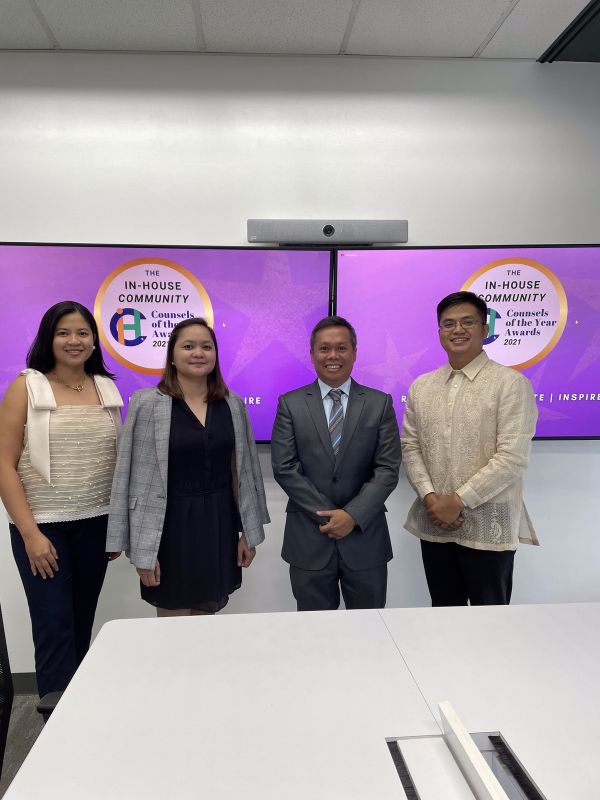|
Peter Zhang, general counsel for Greater China with Sony Ericsson, discusses the ever-increasing importance of the in-house team.
Asian-Counsel: How did your career lead you to your current role as general counsel at Sony Ericsson in China? The role of general counsel cannot be defined by how many direct reports he has or how many contracts he reviews. The objective of the position is to secure operational opportunities and ensure they are legally maximised without compromising the company’s compliance and whilst minimising the risk-exposure. The nature of the role is always evolving and as such, there is always the room for improvement and innovation. A general counsel needs to be very responsive and able to drive innovation in a fast changing environment. |
 AC: What is the current composition of the Sony Ericsson in-house team? PZ: The entire legal and IPR team is lead by Jonathan Pearl, the Chief Vice President of Legal and IPR, who is a fantastic leader and great lawyer. In China, the legal team consists of four members who cover all aspects of legal support for Greater China. You can imagine how challenging it is for such a lean team to handle all legal support and control in one of the most strategic markets for the mobile industry. AC: Is there such a thing as a ‘typical day’ for an in-house practitioner at Sony Ericsson? |
|
AC: Do you have any tips for how in-house teams can cope with tighter budgets in light of economic conditions? PZ: Cost-effectiveness is one major consideration, in addition to providing accurate and pragmatic advice, that in-house teams always need to be mindful of, especially during the financial crisis. Allowing for knowledge transfer to the business team, rather than repeatedly consulting, can save a lot of time and training employees is one very efficient method of doing so. Teams can also create user-friendly templates for the business to utilise as another way to reduce in-house duplicated work on basic contract review. As the general counsel, you have to allocate your limited resource effectively so that right lawyer is assigned to handle the right matters with the highest efficiency. In-house lawyers are unlikely to be expert at all areas, therefore we will also seek external assistance on certain issues and of course, you have to control those costs as well as ensure reliable counseling. A general counsel needs to know when to engage external counsel and who to engage, because the individual lawyer does matter more than a firm. When dealing with cases, legal judgment and business judgment shall both be taken into consideration – you have to control your overall burden and liabilities, to find best way to resolve cases within the framework legally allowed. AC |
| IN-HOUSE OPINION: If you are an in-house counsel and you have a comment or an opinion you’d like to share either on this article or its subject matter, contact us at: inhouse@inhousecommunity.com with the article title in the subject line, stating clearly if you wish your comments to remain ‘Private’ or ‘Anonymous’. |
















